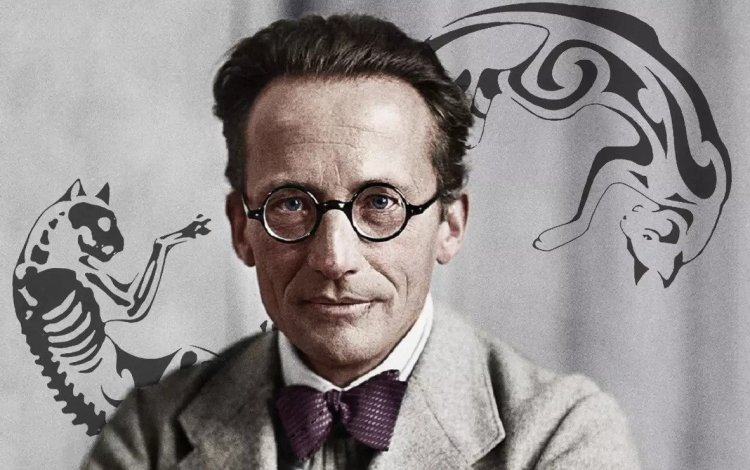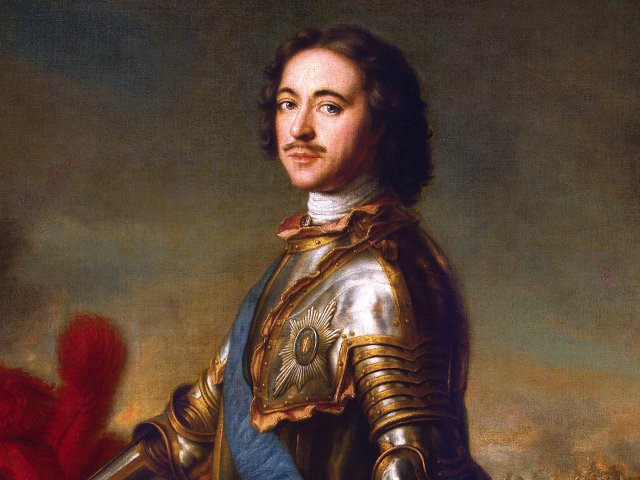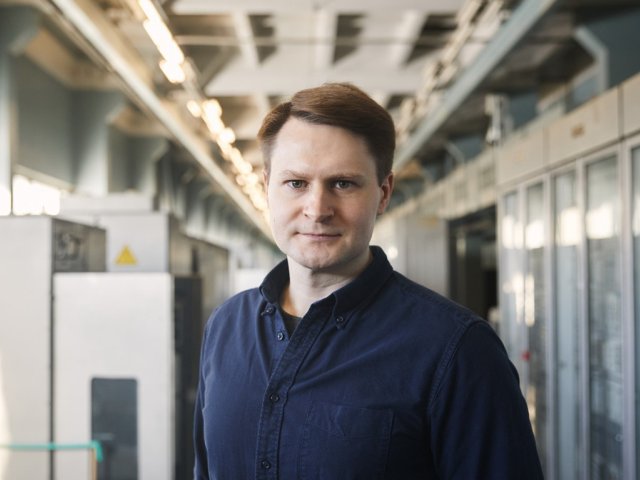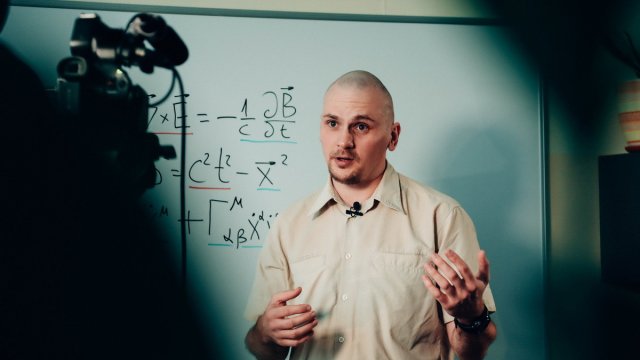Imagine the situation: there is a cat, hydrocyanic acid, and a radioactive substance in a box. Within an hour, one of the atoms can decay with a 50% probability. If this happens, the container with the poison will break and the cat will die. If the nucleus remains intact, the cat will be fine. But without opening the box, we won't be able to tell if the cat is alive or dead in an hour. Did you know who could have such an unimaginable idea? Today is the birthday of Erwin Schrödinger, a famous Austrian physicist, amateur mountain climber, and first director of the Department of Theoretical Physics at Dublin University.
Let's get back to the cat. Don't worry, no animal was harmed. This mental experiment was described in detail by the scientist in 1935 and proved the existence of the superposition or superposition of processes principle. The experiment proves the ultimate uncertainty in the quantum world. As long as the cat and the nucleus are not observed, they are found in mutually exclusive states: the cat is alive and dead, the nucleus is whole and decayed. However, something that is possible in the quantum world is unacceptable in the world of real subjects and objects. A cat cannot be alive and dead at the same time.
This experiment is the most popular of all Schrödinger's discoveries, simply because it is the easiest to understand for an untrained person. But besides cats and nuclei, the Austrian physicist made many discoveries in various scientific fields. He was fascinated by statistical mechanics, thermodynamics, dielectric physics, color theory, electrodynamics, general relativity and cosmology, and, finally, he spent his life reflecting on philosophy in science.
It seems that in the case of Erwin Schrödinger, it was impossible not to become a scientist. His family members were scientists. His father was an entrepreneur and also vice president of the Vienna Botanical and Zoological Society. His mother was a daughter of chemist Alexander Bauer. Being the only child in the family, Erwin received enough attention from his highly educated relatives. At school, he was able to do everything without much effort, being the best student in his class. In the fall of 1906, having passed the examinations with flying colors, the young man went to the University of Vienna to study mathematics and physics. Schrödinger was greatly influenced by physicist Franz Exner, who attached particular importance to the methodological and philosophical issues of science.
During his studies at the university Schrödinger perfectly mastered the mathematical methods of physics, but his dissertation was yet experimental. The effect of air humidity on the electrical properties of insulating materials was carefully studied by the young physicist in Exner's laboratory, the place where he took his first steps into the big science. In 1910, after a successful thesis defense, Erwin Schrödinger was awarded the degree of Doctor of Philosophy. After serving in the army, the scientist returned to Exner's laboratory. He defended his new degree and was free to teach, but the First World War postponed his career. In November 1918, Schrödinger returned to his native Vienna, but life was no longer the same. The country was in economic depression, and he had to make his living somehow.
This is when Erwin Schrödinger's journey begins. Once married, the Austrian physicist decides to move to neighboring Germany to lecture. Later on it was Switzerland, where the scientist would enjoy spending time in his favorite snow-capped mountains. After a while he returned to Germany, where he became professor of theoretical physics at the University of Berlin and found like-minded people: Max Planck, Albert Einstein, Max von Laue, who shared his views on quantum mechanics. At the university Schrödinger gave lectures, held seminars, led the colloquium and even organized events, but nevertheless he had no follower students, hence his scientist friends nicknamed him an “outsider.”
Life settled down and went on, the scientist recalled that time as “the beautiful years when he tought and learned,” but history had its own plans for him. Hitler came to power, while Erwin Schrödinger did not like politics and always stayed away from it. He was called to Oxford and left. The puritanical gaze of the English glided condemningly over the Austrian physicist's way of life on a daily basis. After a short stint, he tried to return to Germany, from where he soon moved with his friend Eamon de Valera to Ireland and became the director of the Department of Theoretical Physics at Dublin University. Schrödinger declined numerous offers to return to his homeland before the final consequences of the regime wore off. In early 1956, the President of Austria gave the scientist a professorship in theoretical physics at the University of Vienna. Erwin Schrödinger returned home to Vienna.
The article is based on open sources.
Фото на странице и на главной странице сайта: Bettmann / Getty Images / Indicator.Ru






















